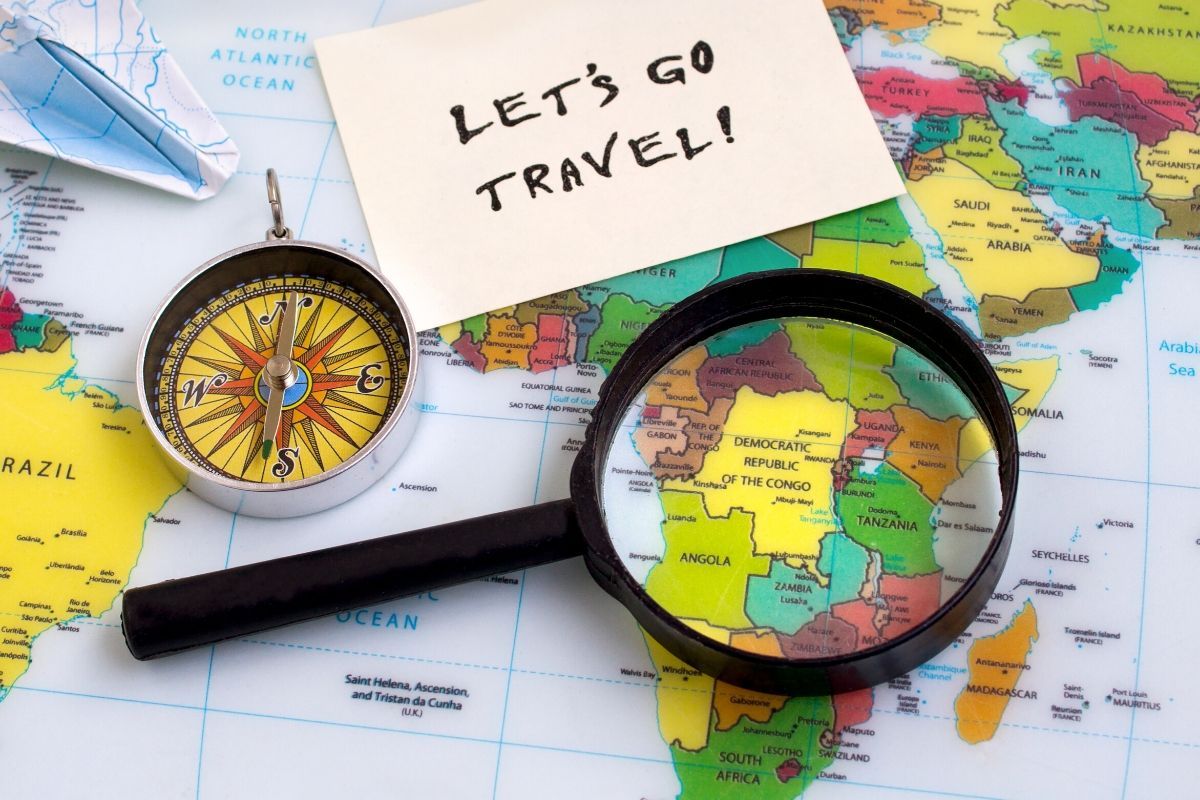Why being vaccinated is more important than you think
Are you planning to travel outside the UK? Whether you’re travelling for business, a family holiday or urgent relief work, getting yourself vaccinated against deadly infections is vital to keep yourself safe while outside the UK.
Even the most common holiday destinations for example those in Europe and North America harbour hidden dangers through disease and infection that are not usually found in the UK.
Travelling to tropical countries in parts of Asia, Africa and South America are increasingly growing in popularity with those in the UK who desire to explore new sights and experience new cultures. However, many of these countries require comprehensive vaccination coverage to ensure protection from uncommon diseases. You may be in need of some important vaccinations, boosters or medication to keep you safe when visiting such hidden gems around the world.
Being vaccinated has been an integral part of the UK healthcare system for decades. For example, the childhood vaccination programme protects children from developing illness and diseases that could have a detrimental effect on their later life. Being vaccinated before your travel is no different. While the course of immunisation may not protect you 100% from acquiring disease or infection, the cover it provides is unmatched when compared to unvaccinated individuals; offering upwards of 90 to 95% effectiveness per vaccination. Ideally, vaccinations are more effective if they are administered or taken 2-3 weeks prior to your departure.
Popular destinations for 2020 - the common diseases and infections to keep in mind
Asia is the world’s largest and most populated continent. China and Vietnam have already established themselves as popular tourist spots in East Asia; from the Great Wall of China to the beautiful landscapes of Hanoi. The next decade will be even more tourist-heavy for these two countries and many more in Asia.
Those travelling to the Asian continent unvaccinated will commonly experience contact with diphtheria, tetanus, polio and Japanese encephalitis. These severe infections are commonly associated with areas of lower sanitation and over-crowding. A 3-in-1 course against diphtheria, tetanus, polio – the 5-course Td/IPV vaccine are all available for those travelling to these high-risk areas. The Japanese encephalitis vaccination is recommended for Asian travel as mosquitoes are common in most countries across the continent. Extra precautions should however be taken, including anti-malarial tablets, barrier methods and mosquito nets.
Central America is another popular tourist destination. Within Central America, the two countries leading this newfound attraction are Mexico and Costa Rica. Mexico’s festivals, museums and art galleries make it a popular spot for European travellers to explore, while Cosa Rica is a biodiverse and picture-postcard paradise, perfect for those who want to wind down and relax.
Those travelling to Central America unvaccinated are at high risk of contracting a number of infections and diseases including hepatitis A, diphtheria and tetanus; commonly found in such tropically-diverse areas. Since there is no known cure for hepatitis A, the hepatitis A vaccination is highly recommended to avoid contracting the disease as the recovery process is slow and can lead to complications. A 5-course Td/IPV vaccination against diphtheria, tetanus and polio is available for those travelling to areas of poorer sanitation and overcrowding. This is a similar situation to that of Asia given the hot climate and densely populated cities.
Mosquitoes can be found in Mexico during the months of April to November, commonly known as the mosquito season. There is no known vaccination form malaria spread from mosquito bites. For those travelling during mosquito season, precautions should be taken.
Rabies is a common disease and is almost always fatal unless a person is immunised against it. Native animals and domesticated pets are different in every continent, but rabies is a global issue and it shouldn’t be underestimated. The rabies vaccination is offered in 3 doses over 6 months therefore planning is vital to ensure you are properly inoculated, ready for your trip.
Are you planning to travel outside the UK? Whether you’re travelling for your business, for a family holiday or urgent relief work – being vaccinated against deadly infections is vital to keep yourself safe while outside the UK.


